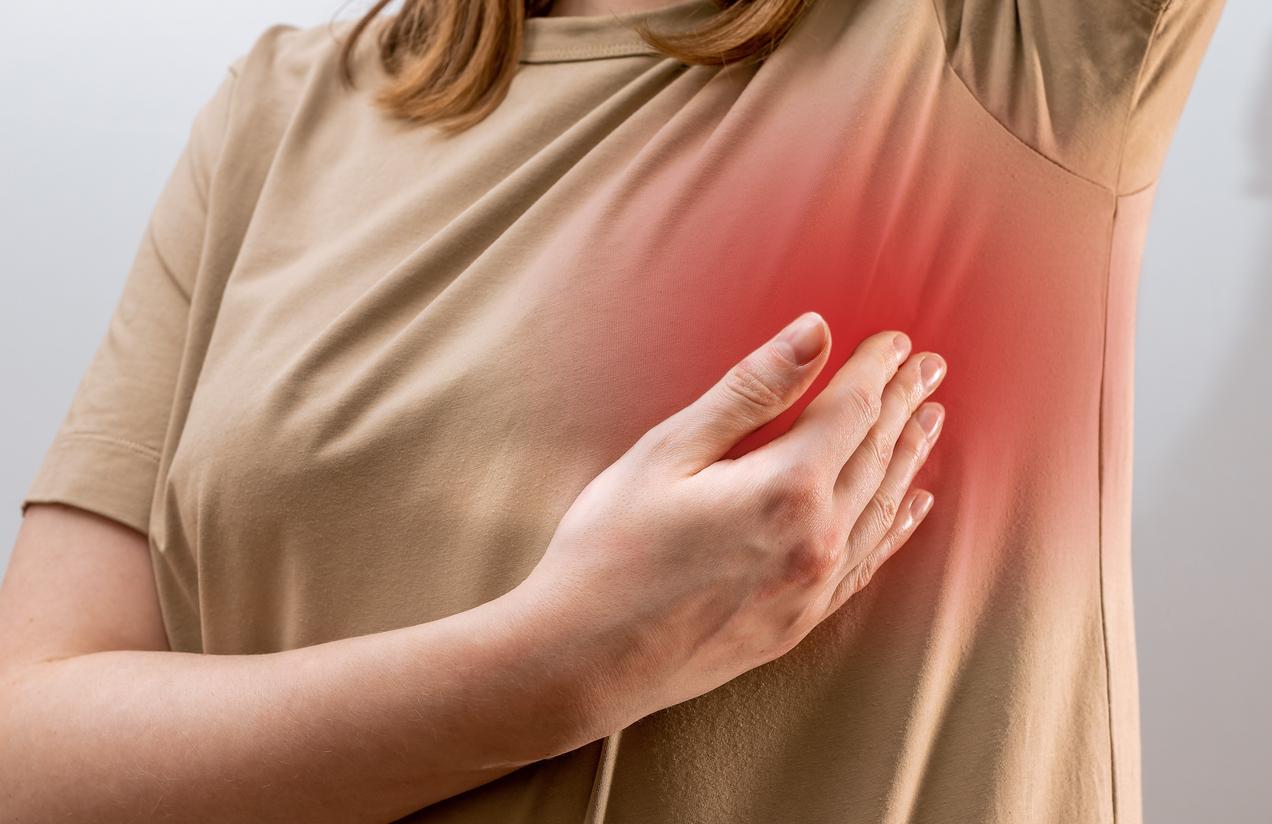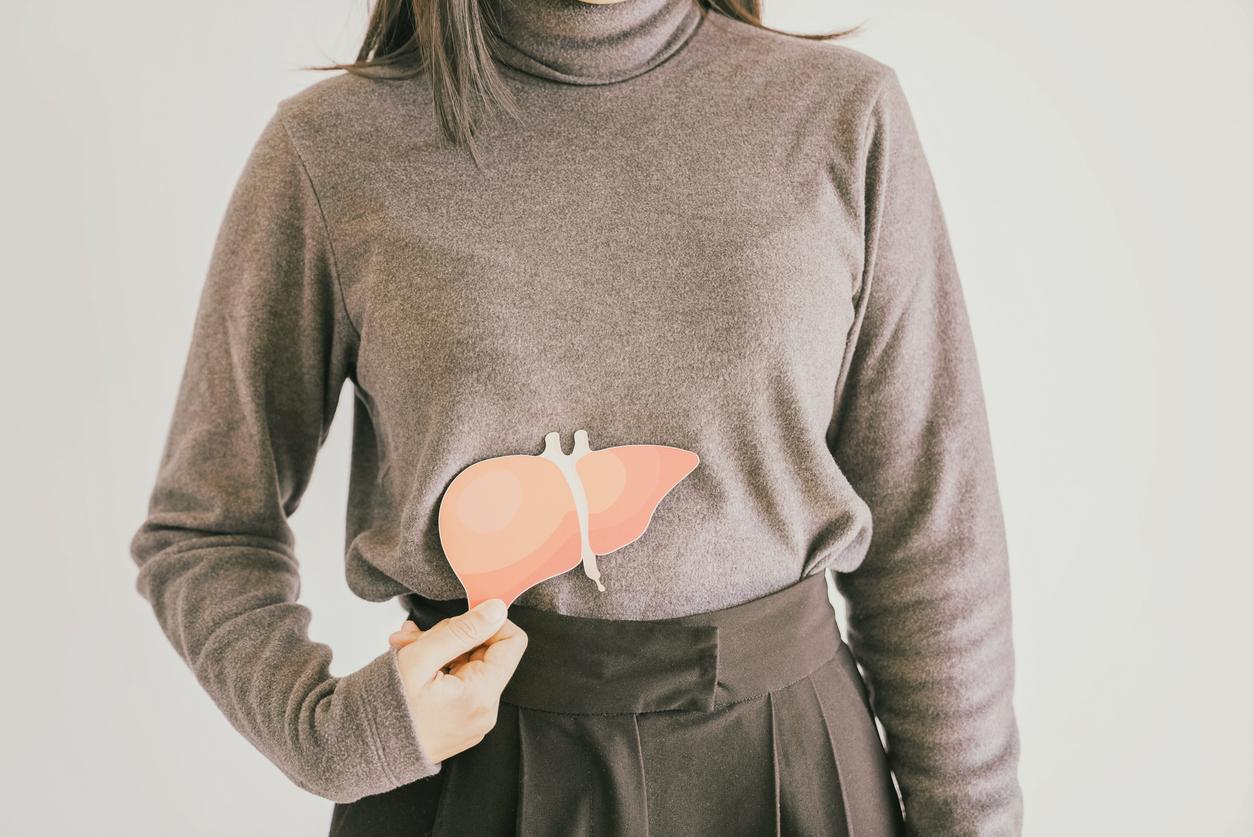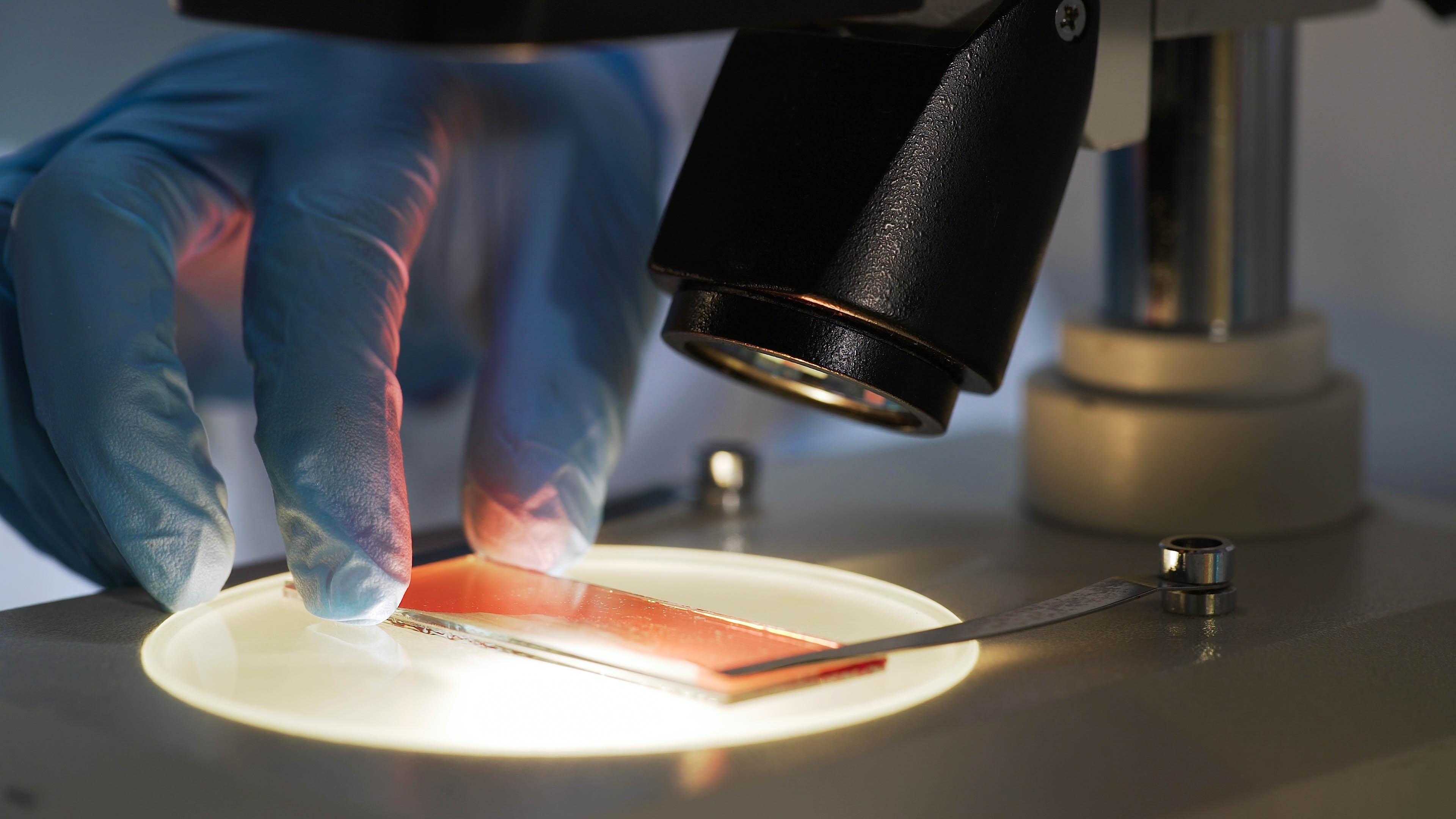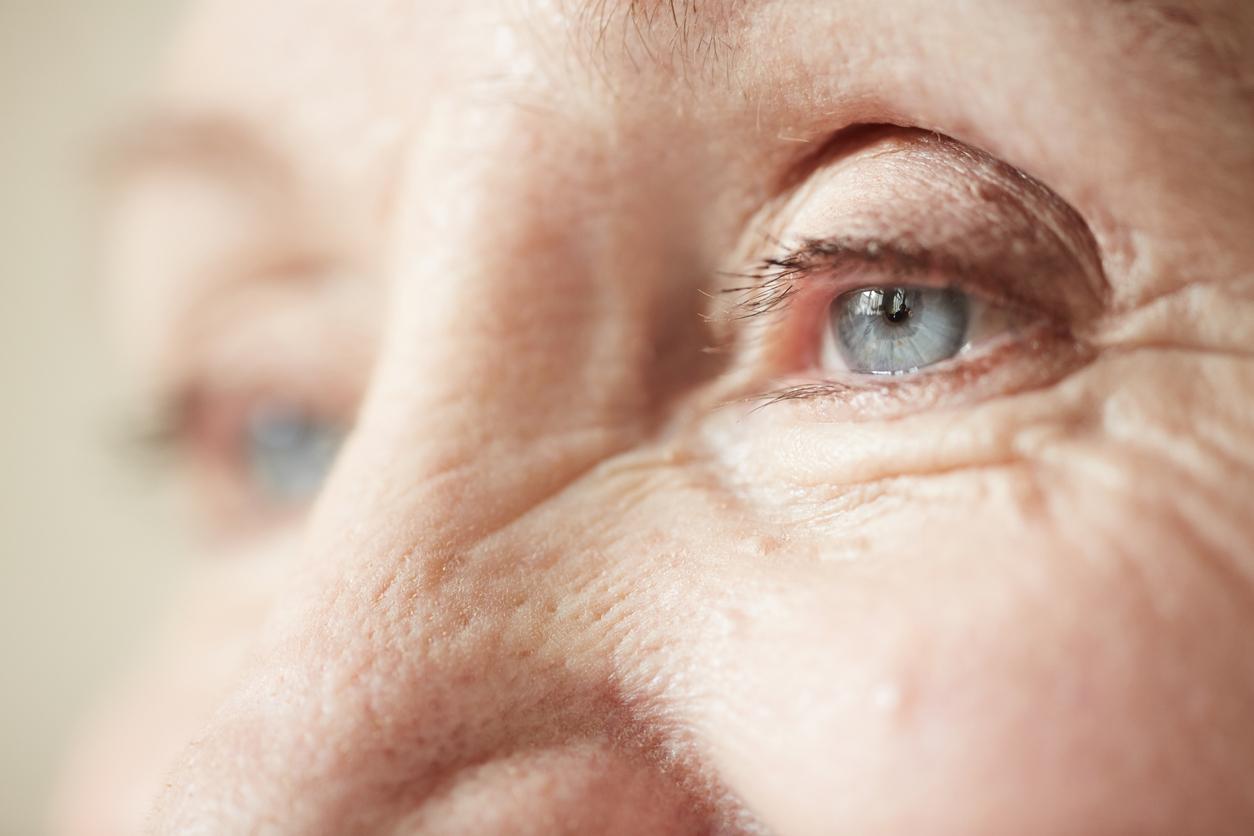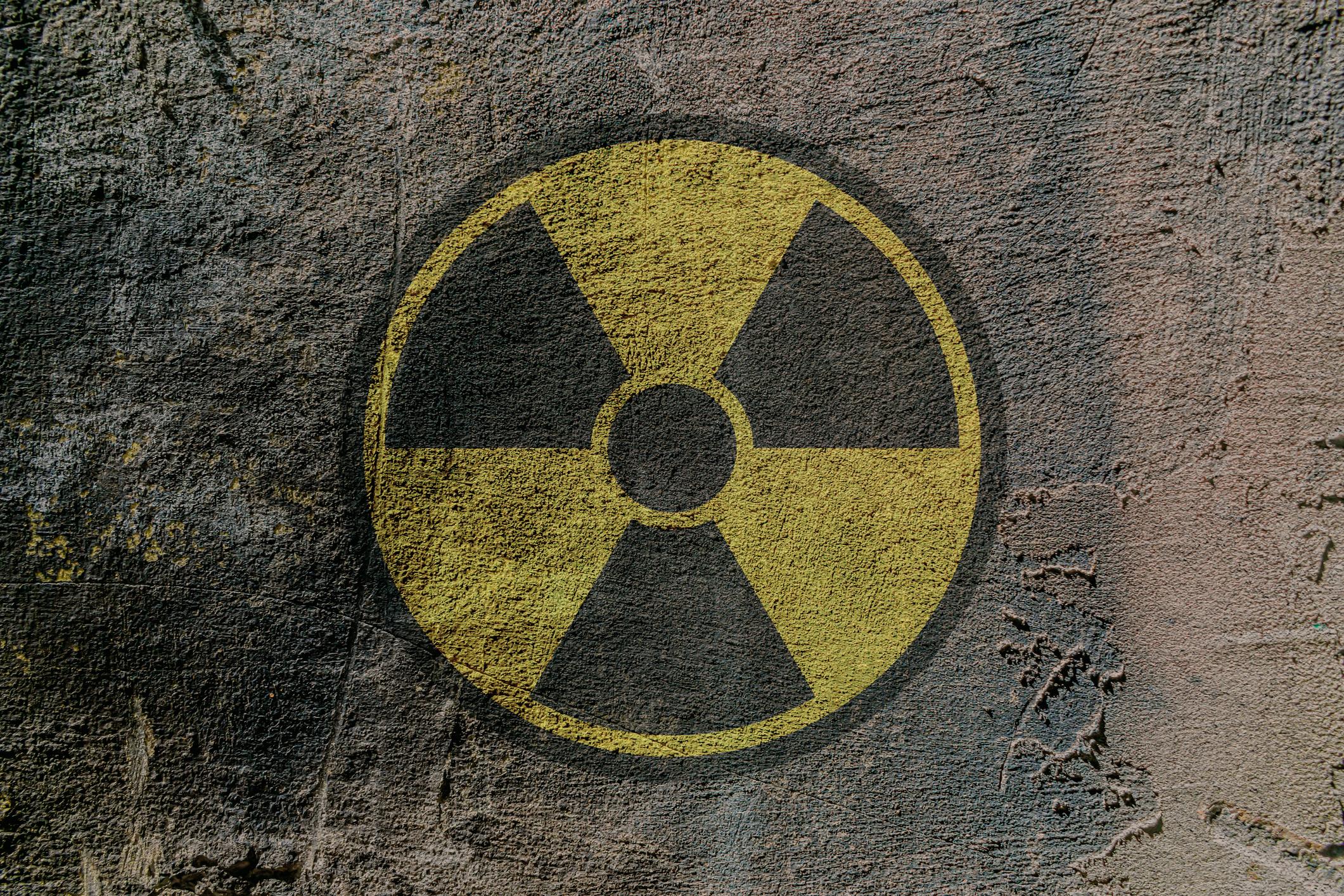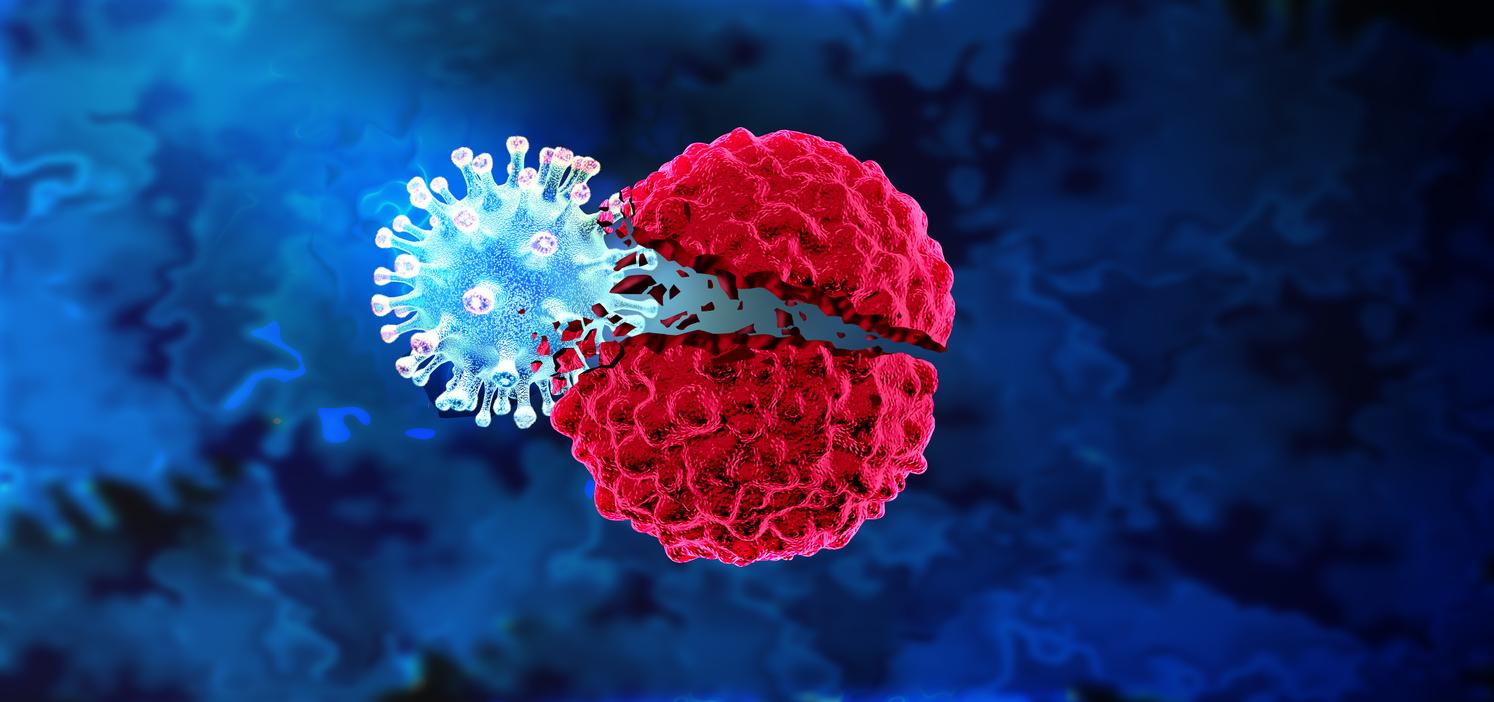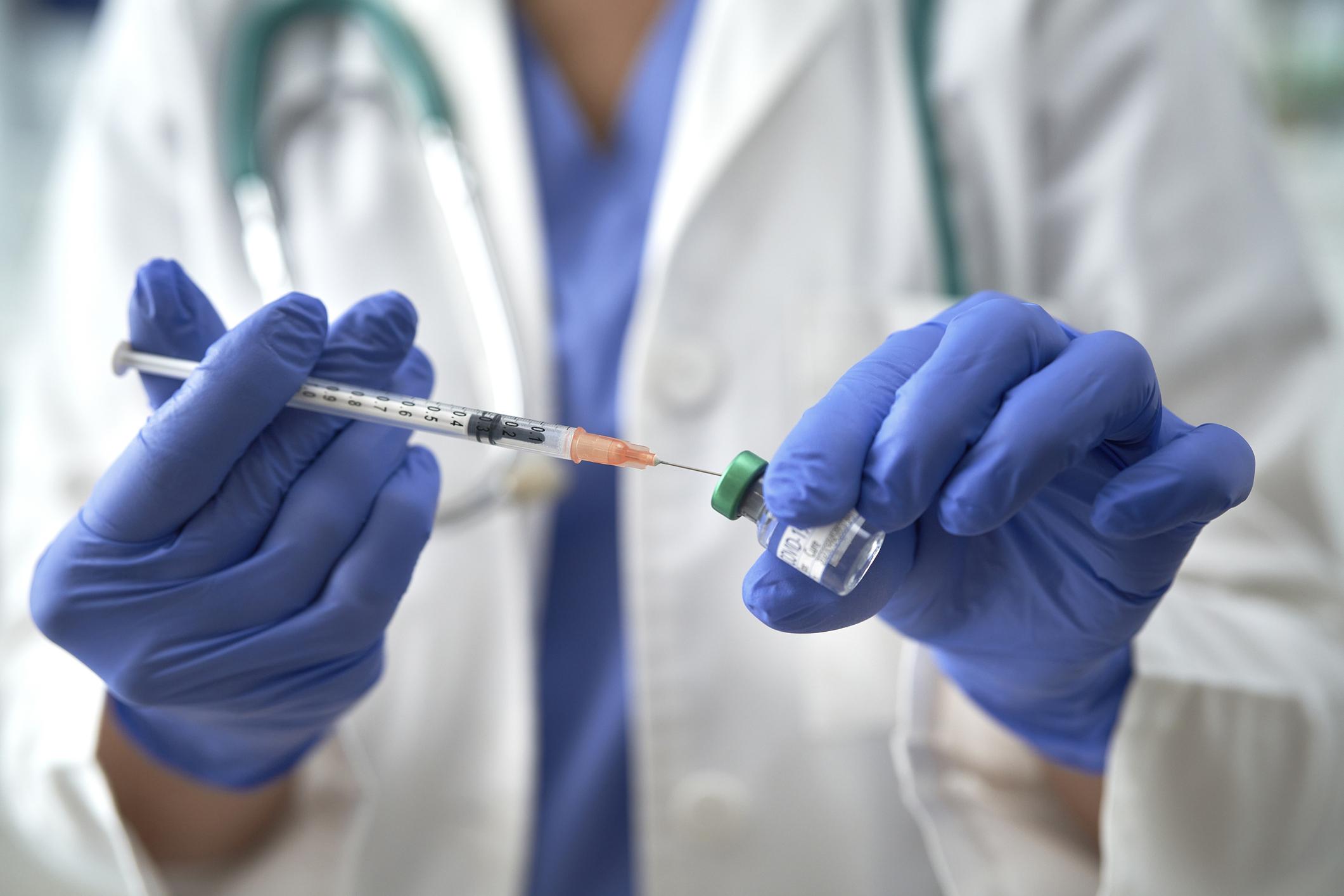Baclofen is effective in alcohol withdrawal. Two French trials have yielded encouraging results. The drug could be authorized definitively.
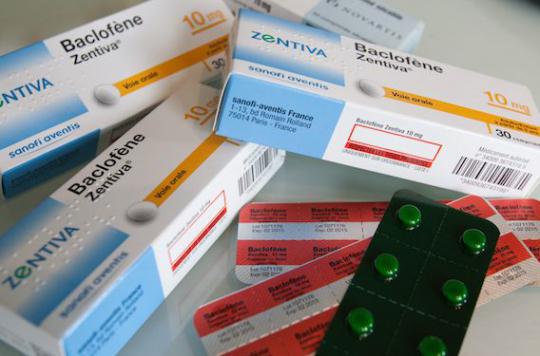
The figures confirm the expectations of addiction specialists. Baclofen, a muscle relaxant also indicated in the treatment of alcohol dependence, is very effective. Two French studies have delivered encouraging intermediate results at the World Congress of Alcoholology, which is being held in Berlin (Germany) from September 2-5.
Almost 60% of patients manage to reduce their consumption and 12% to stay sober. Recognition for this drug which has come a long way since the discovery of its effects on alcohol withdrawal in 2008. Why actor retraces his career in six key dates.
2008: the discovery
It is an alcoholic cardiologist who discovers the anti-alcohol effects of baclofen. Olivier Ameisen is then dependent and resistant to existing treatments. The doctor tests different molecules. After several scientific publications, he wrote The last drink (Editions Denoël) in which he recounts his healing. The book places baclofen in full light. Patients, relatives and alcohologists take hold of the subject and begin to campaign for an extension of the marketing authorization (MA), limited to muscle contractures.
March 14, 2014: authorization
50,000 patients have used baclofen since 2008. 7,000 doctors have taken it upon themselves to prescribe the drug outside the legal framework. In March 2014, the authorities align themselves with these specialists: the treatment is legitimized in alcohol dependence. The National Medicines Safety Agency (ANSM) decides to precede the two ongoing clinical trials (Bacloville and Alpadir). After the agreement in principle, the legal framework is set. A temporary use recommendation (RTU) will apply to baclofen.
June 13, 2014: reimbursement
Authorizing is a good start. It is still necessary to ensure access to patients. For this, a decree published in the Official Journal of June 13, 2014 sets the conditions for reimbursement of treatment. Coverage will apply until the end of the RTU, set for three years.

July 2, 2015: weak membership
One year after the authorization, the ANSM takes stock. Only 5,928 patients are registered on the rtubaclofene.org portal. A necessary condition, according to official texts. The objectives are far from being achieved: the health authorities expected nearly 15,000 registrations after 6 months and 300,000 at the end of the RTU. “This proportion seems very low compared to the estimate of all patients. treated with baclofen in alcohol dependence, ”concludes the Agency. In fact: she estimates that 90,000 French general practitioners have alcohol-dependent patients in their patients.
September 2015: opening of the criteria
The ANSM therefore learns from its mistakes. Faced with the failure of its strategy, it initiates a revision process of the RTU. The goal: to facilitate the inclusion of patients in the device. “Because of the conditions that were too strict to bring patients into the RTU, many doctors simply gave up,” explains Professor Philippe Jaury, who coordinates the Bacloville trial. They prefer to shun the device rather than waste time with it. “
September 4, 2016: interim results
Eight years after its effects were discovered, baclofen solves the mystery: it works well in the treatment of alcohol dependence. After one year on medication, 57% of patients lower their consumption under four glasses per day against 36% in the placebo group, according to the Bacloville study. Some even achieve abstinence, shows the Alpadir trial. 11.9% of those weaned on baclofen no longer consume alcohol. They are 10.5% in the placebo group. Clearly positive results which plead in favor of a marketing authorization… this time permanent.
.







